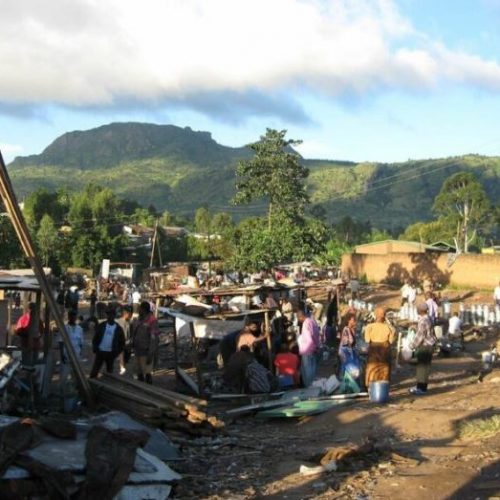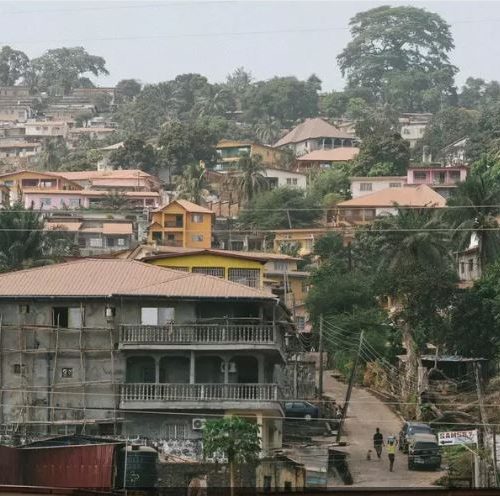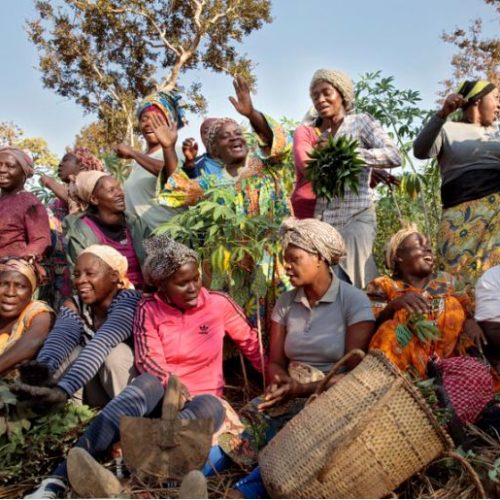A Mythical giant Snake Is Helping Raise Climate Awareness In Malawi
In March earlier this year, Mary Phiri, 40, was at her home in Chilobwe, southern Malawi, when she heard a peculiar rumbling sound in the distance. It got louder until, moments later, an avalanche of mud and rocks hurtled down the nearby Soche Mountain, sweeping away everything in its path. The surrounding area was soon hit by flash floods that washed away homes, bridges, and infrastructure. A nationwide blackout followed as over 200,000 hectares of cropland were ruined just days before they were about to be harvested.
For meteorologists, these impacts came as a shock but not a surprise. Weeks earlier in early-February, they had watched as a disturbance in the ocean near Australia developed into a full-blown cyclone as it crossed the Indian Ocean towards Africa. Due to climate change, storm systems have become more intense and prolonged.
This African Nation Has Named Its First Chief Heat Officer. Here's What It Means
Eugenia Kargbo has been appointed as Africa's first chief heat officer in Sierra Leone, to shield her city from the dangerous effects of climate change. Miami and Athens have already appointed heat officers: Jane Gilbert and Eleni Myrivili.
Kargbo wants her two children to be able to walk the city streets without fear of heatstroke. In this role, she has one year to make a difference to peoples' lives in her city.
Africa Climate Summit: Kenya’s Green Growth Pitch Sparks Justice Concerns
Outcry over McKinsey’s role and unease with Ruto’s focus on finance raises questions as to whether the summit will truly be “by Africans for Africans”.
Africa’s Topsy-turvy Food Paradox
Imagine a country defined by deep inequalities that determine how the population live – right down to what they eat. One section of society has easy access to fresh local produce that is organically grown, diverse, and nutritious. The other half largely turn to ultra-processed food produced on a mass scale thousands of miles away.
For many people across the world, this basic description will be familiar. And yet, depending on where they are, the particular countries and dynamics being imagined may be entirely different.



